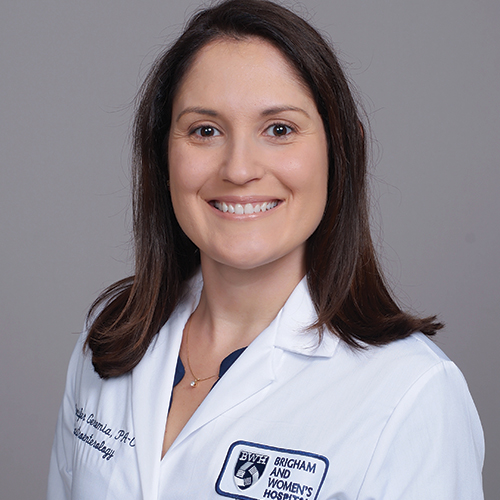The global rise in obesity has significantly increased the prevalence of non-alcoholic fatty liver disease (NAFLD), which can progress to severe conditions like nonalcoholic steatohepatitis (NASH) and hepatocellular carcinoma (HCC). Studies have shown that a weight reduction of 7–10% can resolve NASH and improve liver fibrosis. However, only a small percentage of patients achieve and maintain this weight loss with lifestyle changes alone. As a result, bariatric surgery (BS) has emerged as a viable treatment option for obese patients with NAFLD, leading to significant improvements in liver health and metabolic outcomes.
Bariatric surgery, particularly Roux-en-Y gastric bypass (RYGB) and sleeve gastrectomy (SG), has been shown to induce long-term weight loss, improve liver function, and reduce the risk of cardiovascular disease and NAFLD-related HCC. These procedures also offer potential benefits for patients with compensated cirrhosis, although careful patient selection and multidisciplinary evaluation are crucial. Emerging endoscopic bariatric therapies show promise for treating NAFLD but require further research.
Reference: Geerts A, Lefere S. Bariatric surgery for non-alcoholic fatty liver disease: Indications and post-operative management. Clin Mol Hepatol. 2023 Feb;29(Suppl):S276-S285. doi: 10.3350/cmh.2022.0373. Epub 2022 Dec 22. PMID: 36545709; PMCID: PMC10029945.

